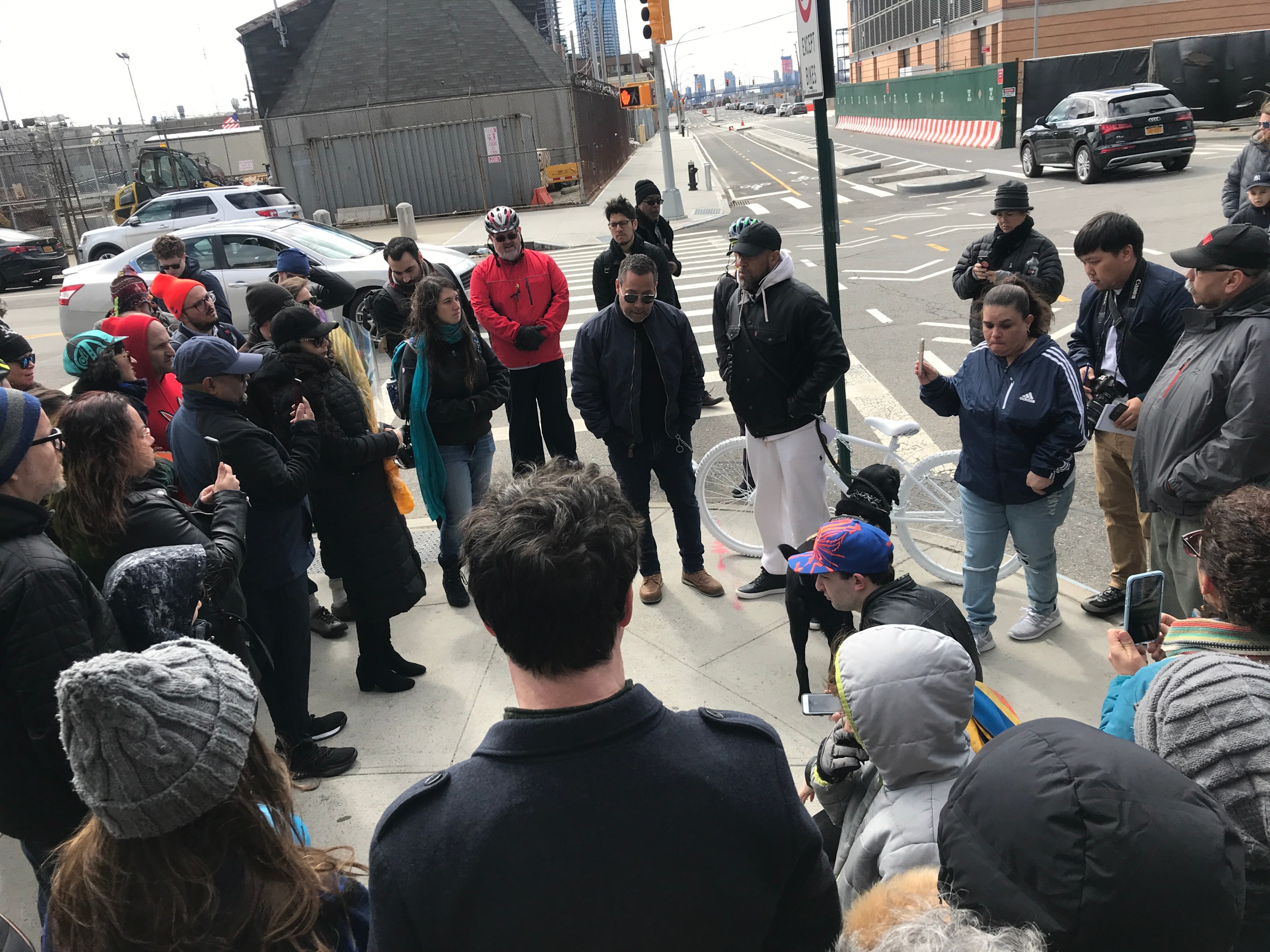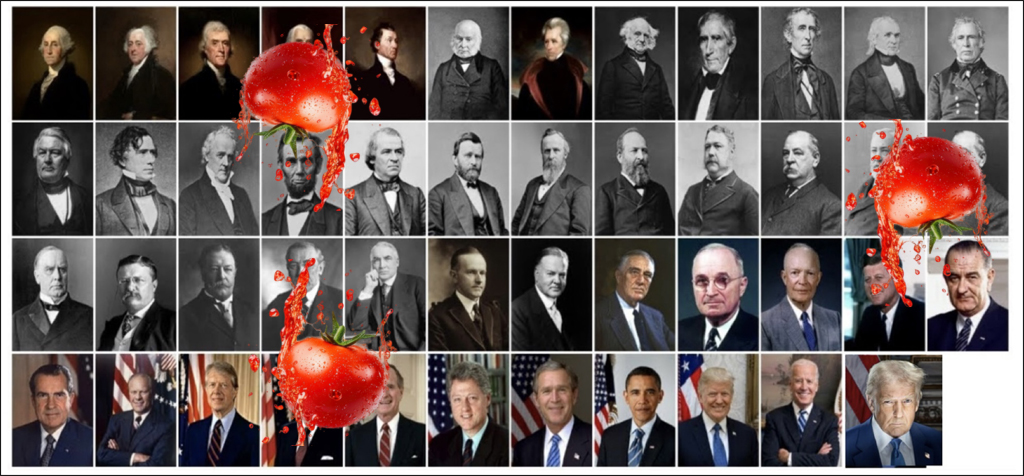It's time for victims of traffic violence, and their families, to have the same rights and support that victims of other crimes get from the state, say victims advocates, who are pushing Albany to create first-in-the-nation "Crash Victims Bill of Rights."
The proposal — a creation of Families for Safe Streets — would establish similar protections for traffic violence victims that are covered by the federal Crime Victims Bill of Rights. The proposal would entitle traffic violence victims and their families to information on crash investigations from police; financial help for such things as medical or burial expenses and counseling; and the right to attend and give impact statements at hearings related to injury-causing or fatal crashes.
"There's just a huge need for it," Families for Safe Streets' Co-Founder Amy Cohen said. "People are falling through the cracks because [crash victims] are not entitled to the same benefits that crime victims get."
For instance, tens of thousands of New Yorkers are injured in crashes every year, but fewer than two percent of sober drivers who stay at the scene of a crash are actually charged with crimes after crashes. As a result, too many victims of traffic violence are left to fend for themselves after going through a traumatic experience.
"I can't tell you how many times I hear from family members, 'Can you help me? I can't afford to bury my child.' And I have to tell them the only way to do it is to do a GoFundMe page," Cohen said. "It's horrible, but that is what we have come to as a society, that so far we're not preventing this epidemic and we're not supporting those who are personally impacted by it."
Even if someone has decent medical coverage, many don't have money set aside for a funeral for instance, or access to the counseling that can help them work through a traumatic event.
"People do not anticipate being a crime victim," said Assembly Member Deborah Glick, who will carry the Assembly version of the bill, hopefully this session. "We want to see parity between people who are similarly situated, and that situation is, they're a victim. Whether it's a crime or a crash, they're a victim, and they are a survivor, or not. And there are then impacts not just to that person, but to the family, and we have to respect that in the same way."
Beyond the compensation and counseling, the Bill of Rights would also help victims during hearings at the state DMV or the Office of Administrative Trial Hearings by finally allowing them to make a victim impact statement as the governing agency considers whether a driver should lose his or her license because of reckless driving.
Why is that important? In 2017, a DMV judge told Lauren Davis's mother, "You're not allowed to participate" when she tried to correct the record as the judge read an incorrect police report at a safety hearing for the driver who killed Davis as she rode her bike in Clinton Hill.
Of course, Davis's family was fortunate to even know there was a hearing.
"The Department of Motor Vehicles doesn't even notify you if the driver who ran over your kid is up for some tickets that were issued in connection with that killing," said Steve Vaccaro, an attorney for crash victims.
He said a bill of rights could avoid the kind of "justice" meted out after the 2013 killing of 3-year-old Allison Liao by the driver of an SUV.
"We found out in the Liao case six months or a year after the fact that the driver had gone to a hearing and after 30 seconds had the tickets dismissed, tickets that were issued for having killed Allie Liao."
Those tickets in the Liao case were dismissed because currently, a judge only considers the police report on a crash, which isn't always reliable. Since 2015, over half of the summonses given out for simple failure to yield or failure to yield that results in an injury have been dismissed by OATH judges. One reason for that stat, according to advocates, was because police are either careless when filling out a summons or the responding officer just declines to show up to a hearing.
"That's the reason a victim statement would be so important, because the NYPD unfortunately is dropping the ball very often, and systematically is a no show at the hearings. At least if the victim was there with their lawyer, the administrative law judge couldn't just sit there and say, 'Well, there's there's nothing going on here' because the cops didn't show up. It's a joke," Vaccaro said.






